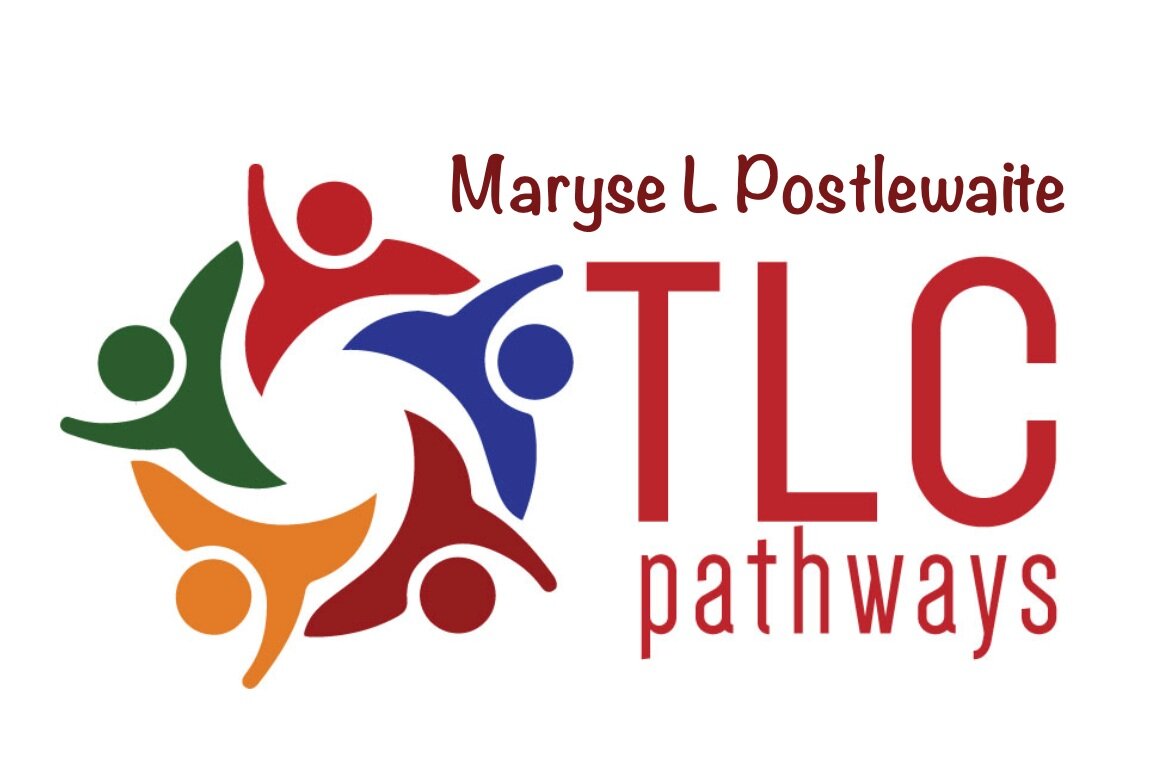A Benevolent Community
26 Days of Cultivating A Benevolent Community
While we look forward to our cities “opening up”, how might we incorporate what we have learned to appreciate over the past few months, into our day-to-day lives … nurturing compassionate relationships, prioritizing our values, and acknowledging gratitudes. Habits have been altered as we practice safe measures for care of others, visibly by wearing masks.
We have an opportunity to change our “invisible habits”, leading our lives with empathy, balance, reflection, kindness, and trust. I have 21 others, key words to guide us day-by-day. “Bit-by-Bit”, one act to practice or witness each day and share with others.
Beginning June 1st, join me in 26 days of cultivating A Benevolent Community. Daily, I’ll be posting a letter with some key words to use as an anchor for the day. Share with others, how you practice or how you witness this in action.
Contact me: pathways2tlc@gmail.com to set up a workshop.
Connect with Facebook: @tlcpathways
Instagram: maryse_tlcpathways or LinkedIn: Maryse L Postlewaite
Speaking Another Language
Do We Mean the Same Thing?
Do you speak another language? Yes, we all do sometimes because we associate different meanings to the same words, even in the same language. We can clarify misunderstandings in “learning one another’s language”.
Here’s an example: What do you mean when you say, “Just the other day…”? The difference in the reference of time lapse may be different. When my mom uses that phrase, she means within the past 2 weeks, whereas for my dad, it would mean up to a year ago!
It’s easy to assume that we mean the same thing when we say something. It’s relative to our own experiences, perspectives, and customs. Young children learn language from their family, tribe, and community. And then there are non-verbal ways we communicate which also can be misinterpreted. (More on that soon.)
Communication is key. Let’s assume the best. If we find ourselves in a situation when we may have mistaken what someone has said to us, let’s ask questions to clarify. We may simply have had an alternative definition to the same word or phrase.
I invite you to share other examples of these types of miscommunications. We are not alone. It happens to us all.
For more about fine tuning communication skills, send an email: pathways2tlc@gmail.com.
Connect with Facebook: @tlcpathways
Instagram: maryse_tlcpathways or LinkedIn: Maryse L Postlewaite




